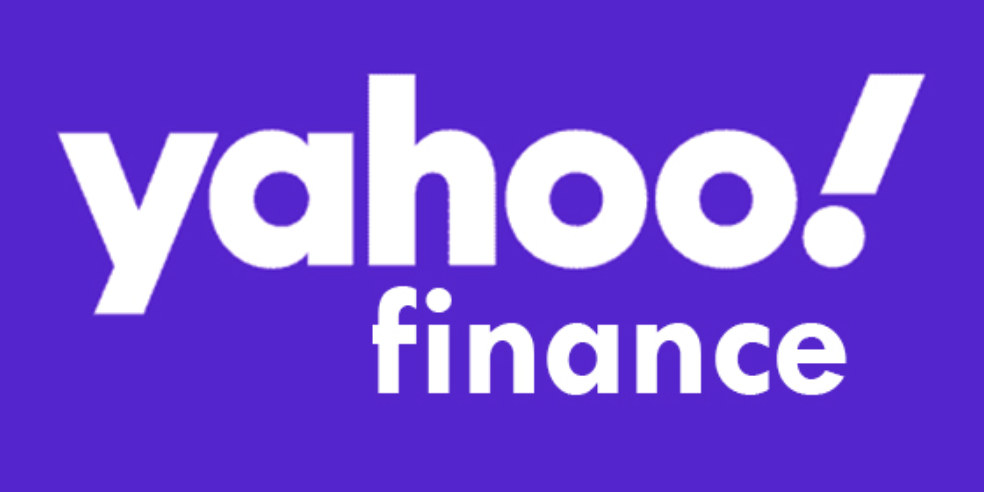Artificial intelligence (AI) is the hottest investing theme of the moment. Much ink has been spilled on the technology's awesome power and potential economic impact. Could it be as transformative as its evangelists would have you believe? PwC -- one of the "big four" accounting firms -- believes AI can add $15.7 trillion to the global economy by 2030. If that proves to be true, it certainly meets the mark in my book.
While Nvidia took center stage, another AI company, Palantir (NYSE: PLTR), just passed a major milestone that may help boost its profile and stock price. Founded in 2003, the company certainly isn't new, but recent advancements in AI are supercharging the company's ability to turn a profit. The company's share price followed suit, up 150% this year alone.
This made it eligible for inclusion in the S&P 500, and Palantir officially joined the index late last month. What does this mean for the company?
Joining the S&P 500 is a big deal and may affect Palantir's stock price
The S&P 500 is an index comprised of the 500 largest companies in the U.S. by market capitalization. It's also one of the most well-known and popular indexes around -- so popular that it's often used as a proxy for the stock market as a whole. This visibility usually translates to an uptick in investment from the retail market. Some of these investors are hearing about the company for the first time, while others see its inclusion as a mark of legitimacy.
Beyond retail, however, the index is tracked by all sorts of funds, like the uber-popular SPDR S&P 500 ETF Trust or Vanguard 500 Index Fund. When a company joins the S&P, there is a flood of capital into the stock as these funds adapt to match the index.
All this leads to what's sometimes called the "S&P 500 effect" -- a bump in stock price after being included in the index. Take Nvidia, for example. The chipmaker was announced as the replacement for the crumbling Enron back in November of 2001. In the month that followed, its stock price surged more than 30%. Will this happen to Palantir?
Correlation is not causation
Unfortunately, the effect may be more of a coincidence. A study commissioned by the Federal Reserve Bank of New York looked at the effect and found that there really isn't a lot of evidence for it, or at least that any direct effect is short-lived.
Stocks that get added to the index tend to already be on an upswing. They have prior momentum. The study showed that this momentum was the primary cause of performance over the long term post-inclusion. Essentially, the positive price movement would have happened with or without being added. Still, whether it is the cause or not, the fact remains that when a company is added to the S&P 500, it tends to do well.

 8 months ago
8 months ago
 (200 x 200 px).png)





 English (US) ·
English (US) ·